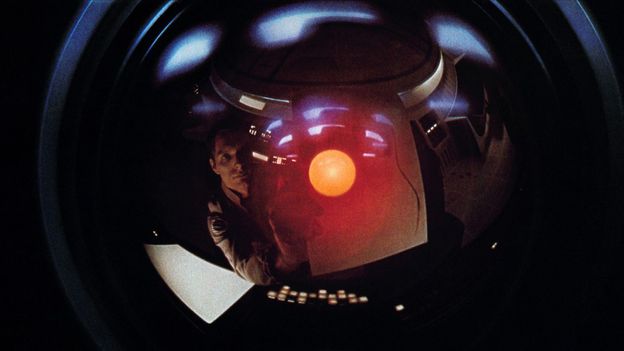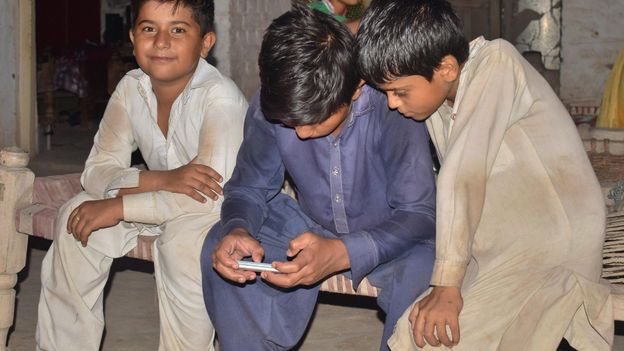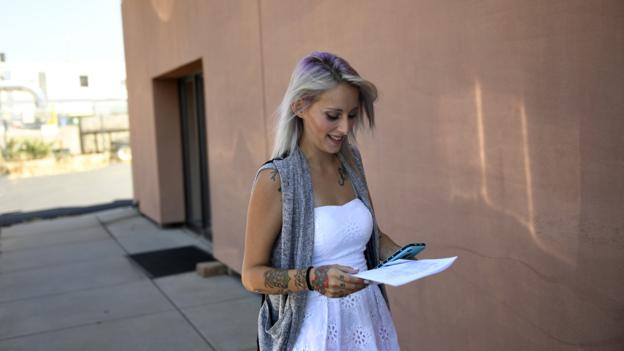B. F. Skinner, a famous psychologist and Harvard University professor, came up with the idea after conducting a series of experiments. He showed that pigeons become more addicted to pecking a button that delivers seeds if they don’t know when the seeds will be dispatched.
The inconsistent stimuli of rewards are well understood to be the most addictive, says Wu, just like a slot machine. So, like pigeons pecking at that button, we tap away on our phones, often disappointed but sometimes getting something that we find exciting, like a good article, and that keeps us coming back.
“In this way you will lose hours of your day, days of your week, months of your life on things that you didn’t even really care about,” he says.
So, is there a way to stop our minds from wandering off?
Taking back time
Nir Eyal, a best-selling author who studies habit formation and an expert on consumer behaviour, knows all the tricks tech companies use to capture our attention. He used to teach them how to do it.
He says you can get back your time and concentration with a certain amount of personal effort. And he says it’s up to individuals, because “our government is not going to save us, and neither are the tech companies”.
He has a four-step plan to stop getting distracted by technology.
Step 1 – Manage your internal triggers: When we’re distracted, we’re normally looking to escape from something uncomfortable. Try to work out what it is and manage it.
Step 2 – Make time for distraction: Set aside time in your day to be distracted – that way it won’t feel like your time is being invaded. Give yourself a set hour that’s ‘social media time’.
Step 3 – Remove the external triggers: Turn off your notifications and the rings, pings and dings that tell you what to do.
Step 4 – Make pacts to prevent distraction: Get a technology app that tries to limit the amount of time you spend on your phone. The key factor is self-awareness: once you realise you’re being distracted by your phone or tablet, you start putting it down.
Go dark
Children and adults alike have become “increasingly dependent on – and dare I say intimate with – our screens at the expense of our interactions with one another”, says Susan Maushart, an Australian journalist and mother who was exasperated with her family’s tech obsession.
“Technology was affecting the way my family paid attention,” she says, so she decided the solution was to remove all devices and live in the dark for six months.













